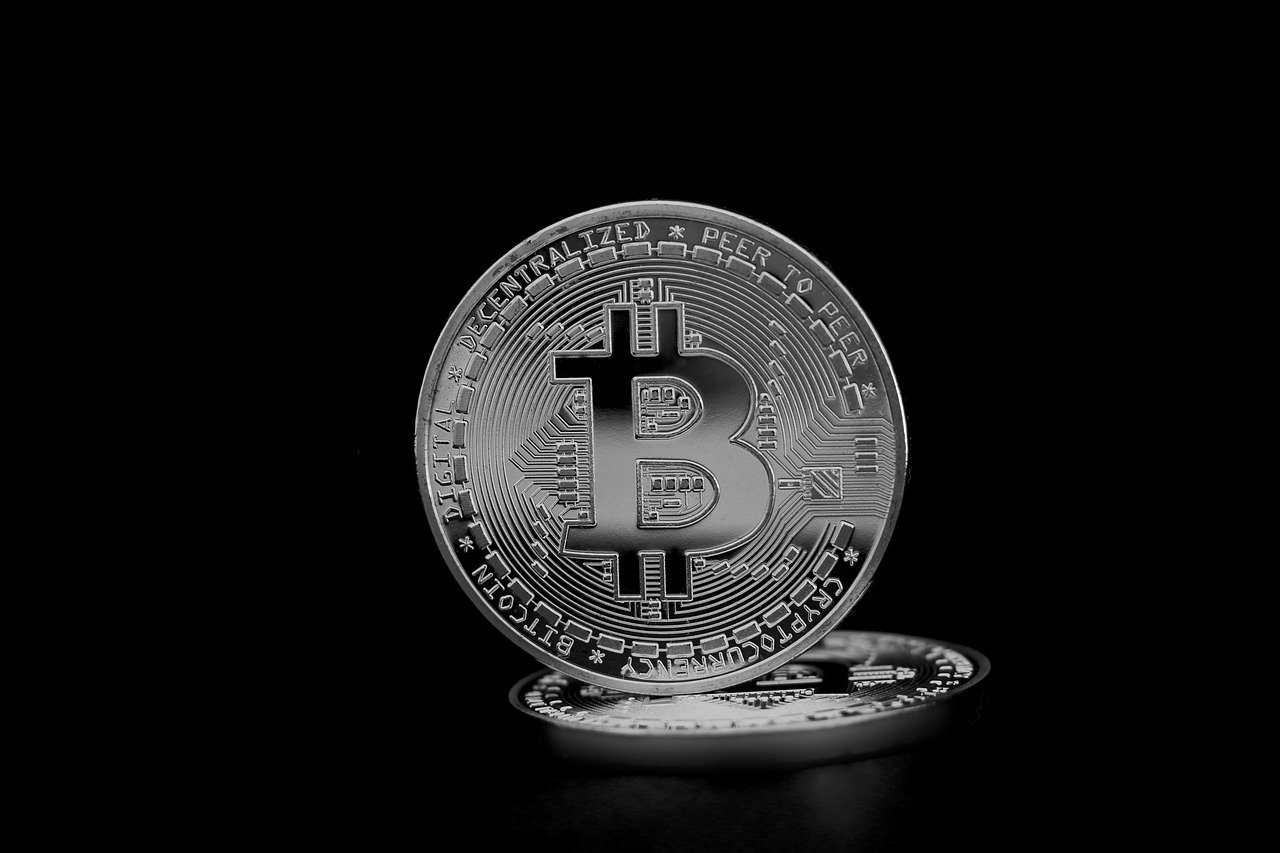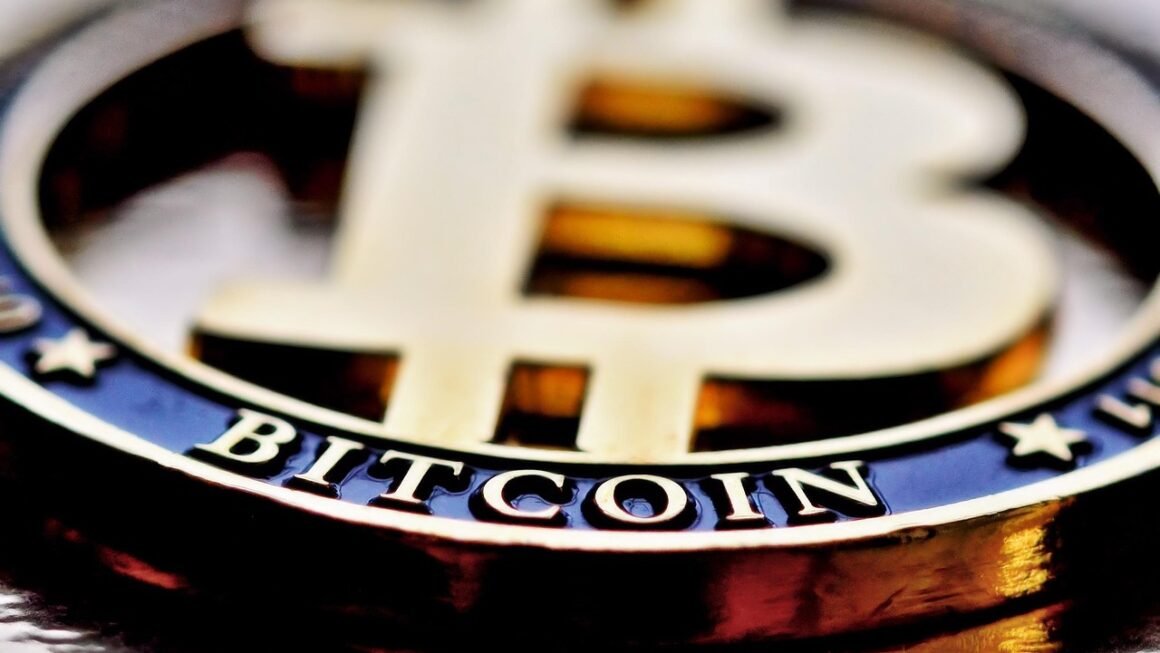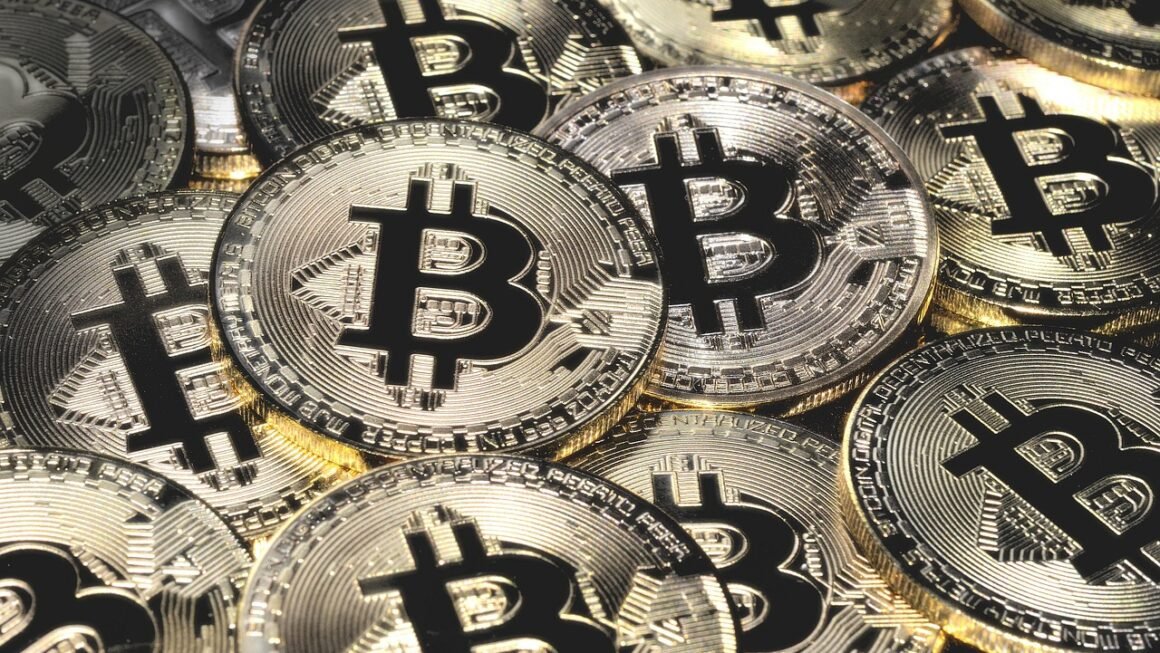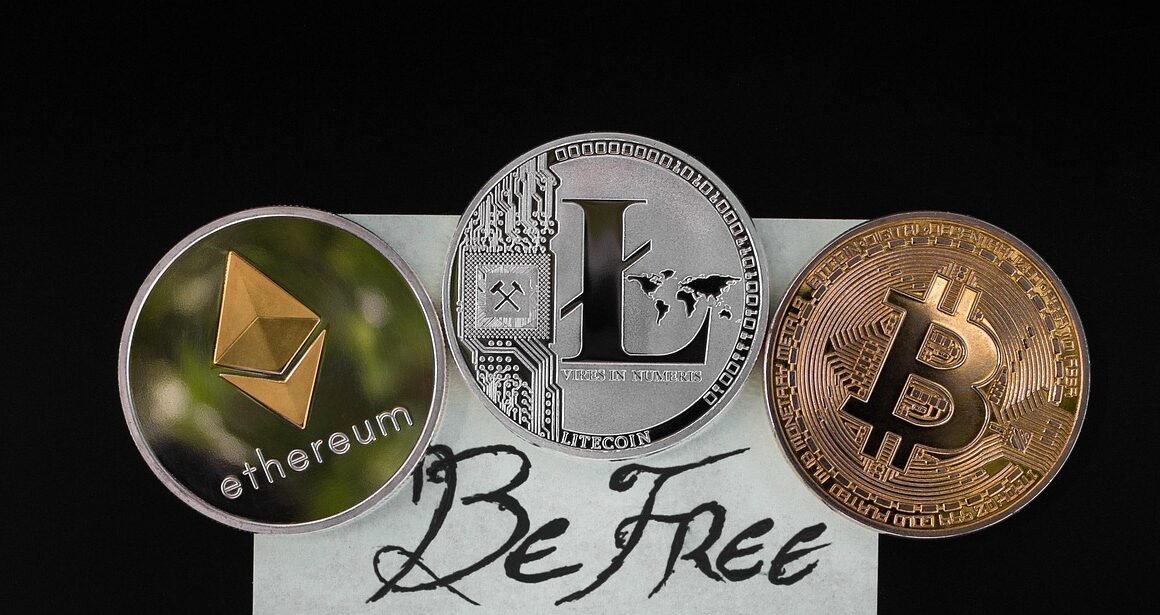Imagine a company run not by a CEO, but by its community. A space where every member has a voice and a vote on crucial decisions, all powered by the transparency and security of blockchain technology. This is the promise of a Decentralized Autonomous Organization, or DAO, and it’s reshaping how we think about governance, investment, and collaboration in the digital age.
What is a DAO?
Defining Decentralized Autonomous Organizations
A DAO, or Decentralized Autonomous Organization, is essentially an internet-native entity with rules encoded in smart contracts on a blockchain. These smart contracts automatically execute actions based on pre-defined conditions, removing the need for intermediaries and centralized control. Think of it as a digital cooperative where members collectively manage resources and make decisions through voting. The “autonomous” aspect refers to the self-executing nature of the smart contracts, while “decentralized” highlights the distributed control and lack of a single point of failure.
Key Characteristics of DAOs
DAOs possess several defining characteristics that set them apart from traditional organizations:
- Transparency: All transactions and governance decisions are recorded on the blockchain, making them publicly accessible and auditable.
- Immutability: Once a DAO’s smart contracts are deployed, they cannot be altered without a consensus vote by the members. This ensures the rules are consistently enforced.
- Automation: Smart contracts automate processes such as voting, fund disbursement, and rule enforcement, reducing the risk of human error and corruption.
- Community-Driven: DAOs are governed by their members, who have the power to propose and vote on changes to the organization’s rules and direction.
- Global Accessibility: Anyone with an internet connection can potentially participate in a DAO, regardless of their location.
The Technology Behind DAOs
DAOs rely on several key technologies to function effectively:
- Blockchain: Provides the underlying infrastructure for recording transactions, securing data, and executing smart contracts. Ethereum is the most popular blockchain for building DAOs due to its robust smart contract functionality, but other blockchains like Solana and Cardano are also gaining traction.
- Smart Contracts: These are self-executing agreements written in code that define the rules and operations of the DAO. They automate processes and ensure transparency.
- Governance Tokens: These tokens give holders the right to vote on proposals and participate in the DAO’s governance. The amount of voting power is often proportional to the number of tokens held. Common examples include COMP (Compound), MKR (MakerDAO), and UNI (Uniswap).
- Decentralized Voting Platforms: These platforms provide secure and transparent mechanisms for members to submit proposals, vote, and track the results of votes. Examples include Snapshot and Aragon.
Types of DAOs and Their Use Cases
Investment DAOs
Investment DAOs pool capital from members to invest in various assets, such as crypto projects, NFTs, or real estate. The decisions on which assets to invest in are made collectively through voting.
- Example: MetaCartel Ventures is an investment DAO that invests in early-stage Ethereum projects. Members contribute ETH to the DAO’s treasury, and investment decisions are made through a community voting process.
Grant DAOs
Grant DAOs allocate funds to projects and initiatives that align with the DAO’s mission. These DAOs provide a decentralized and transparent way to fund open-source development, research, and other community-driven efforts.
- Example: Gitcoin Grants uses quadratic funding, a democratic funding mechanism, to support open-source developers and projects. The community votes on which projects to support, and Gitcoin matches the community donations with funding from its own treasury.
Social DAOs
Social DAOs bring together individuals with shared interests or goals. These DAOs can be used for networking, community building, and coordinating social activities.
- Example: Friends With Benefits (FWB) is a social DAO that provides its members with access to exclusive events, resources, and networking opportunities. Membership requires holding a certain amount of FWB tokens.
Protocol DAOs
Protocol DAOs govern decentralized protocols, such as DeFi platforms. They allow token holders to make decisions about the protocol’s parameters, upgrades, and future direction.
- Example: MakerDAO governs the Dai stablecoin. MKR token holders vote on stability fees, collateral types, and other parameters that affect the Dai ecosystem.
Collector DAOs
Collector DAOs pool resources to purchase and manage valuable digital or physical assets, such as NFTs or rare artifacts. Ownership of these assets is fractionalized among the DAO members.
- Example: PleasrDAO is a collector DAO that famously purchased the original Doge meme NFT. The DAO members collectively manage and decide on the display or sale of the NFT.
Benefits and Challenges of DAOs
Advantages of Decentralized Autonomous Organizations
DAOs offer numerous advantages over traditional organizations:
- Increased Transparency: All actions are recorded on the blockchain, making them publicly verifiable.
- Enhanced Security: Smart contracts automate processes and reduce the risk of fraud or manipulation.
- Greater Efficiency: DAOs eliminate the need for intermediaries, streamlining decision-making and reducing administrative overhead.
- Empowered Community: Members have a direct say in the organization’s direction, fostering a sense of ownership and engagement.
- Global Collaboration: DAOs enable individuals from anywhere in the world to participate in a shared goal.
- Innovative Governance: Experimenting with new governance mechanisms is easier and encourages creativity.
Potential Drawbacks and Risks
While DAOs offer many benefits, they also face several challenges:
- Regulatory Uncertainty: The legal status of DAOs is still evolving, creating uncertainty about liability and tax implications.
- Security Vulnerabilities: Smart contracts are susceptible to bugs and exploits, which can lead to the loss of funds. The infamous “The DAO” hack in 2016 demonstrated the potential for catastrophic smart contract vulnerabilities.
- Governance Challenges: Achieving consensus among a large and diverse group of members can be difficult, leading to slow decision-making or gridlock. Low voter turnout can also undermine the legitimacy of decisions.
- Complexity: Understanding and participating in a DAO requires a certain level of technical knowledge.
- Scalability Issues: As DAOs grow, they may face challenges in scaling their governance processes and infrastructure.
- Concentration of Power: Token distribution can be uneven, leading to a small number of members having disproportionate influence over the DAO.
Creating and Participating in a DAO
Steps to Launch a DAO
Launching a DAO involves several key steps:
Participating in a DAO
Participating in a DAO typically involves:
- Acquiring Governance Tokens: Purchase or earn governance tokens to gain voting rights.
- Monitoring Proposals: Stay informed about proposals being discussed and voted on within the DAO.
- Voting on Proposals: Use your governance tokens to vote on proposals that align with your interests and the DAO’s goals.
- Contributing to the Community: Participate in discussions, offer your expertise, and contribute to the DAO’s success in various ways. This could involve contributing code, writing documentation, or moderating community forums.
- Staying Informed: Keep up-to-date with the DAO’s activities, decisions, and the overall ecosystem.
The Future of DAOs
Trends and Predictions
The DAO landscape is rapidly evolving, with several key trends shaping its future:
- Increased Adoption: As the technology matures and regulatory clarity improves, we can expect to see more DAOs emerging across various industries. Some predict that DAOs will become the dominant organizational structure for online communities and projects.
- Improved Governance Mechanisms: DAOs are experimenting with new governance models, such as quadratic voting and futarchy, to improve decision-making and address governance challenges.
- Interoperability: DAOs are becoming increasingly interconnected, allowing them to collaborate and share resources across different blockchain networks.
- Regulation and Legal Frameworks: Governments are starting to develop legal frameworks for DAOs, which will provide greater clarity and legitimacy. Wyoming, for example, has passed legislation recognizing DAOs as legal entities.
- Specialized DAO Tools and Infrastructure: The development of specialized tools and infrastructure for DAOs, such as voting platforms, treasury management solutions, and identity management systems, will make it easier to create and manage DAOs.
The Impact of DAOs on the Future of Work and Organizations
DAOs have the potential to revolutionize the way we work and organize ourselves. By empowering individuals, fostering transparency, and automating processes, DAOs can create more equitable, efficient, and engaging organizations.
- Decentralized Workforces: DAOs can enable decentralized workforces, where individuals from around the world can contribute their skills and expertise to projects without the need for traditional employment contracts.
- Tokenized Incentives: DAOs can use tokens to incentivize participation, reward contributions, and align the interests of members with the organization’s goals.
- Transparent Governance: DAOs can create more transparent and accountable organizations, where decisions are made collectively and all members have a voice.
- Community-Driven Innovation: DAOs can foster community-driven innovation by empowering members to propose and implement new ideas.
Conclusion
Decentralized Autonomous Organizations represent a paradigm shift in how we structure and manage organizations. While still in their early stages, DAOs have the potential to transform industries, empower communities, and create a more equitable and transparent future. Understanding the principles, technologies, and challenges of DAOs is crucial for anyone interested in the future of work, governance, and the internet. As the ecosystem continues to evolve, it will be exciting to witness the innovative ways in which DAOs are shaping the world around us.



